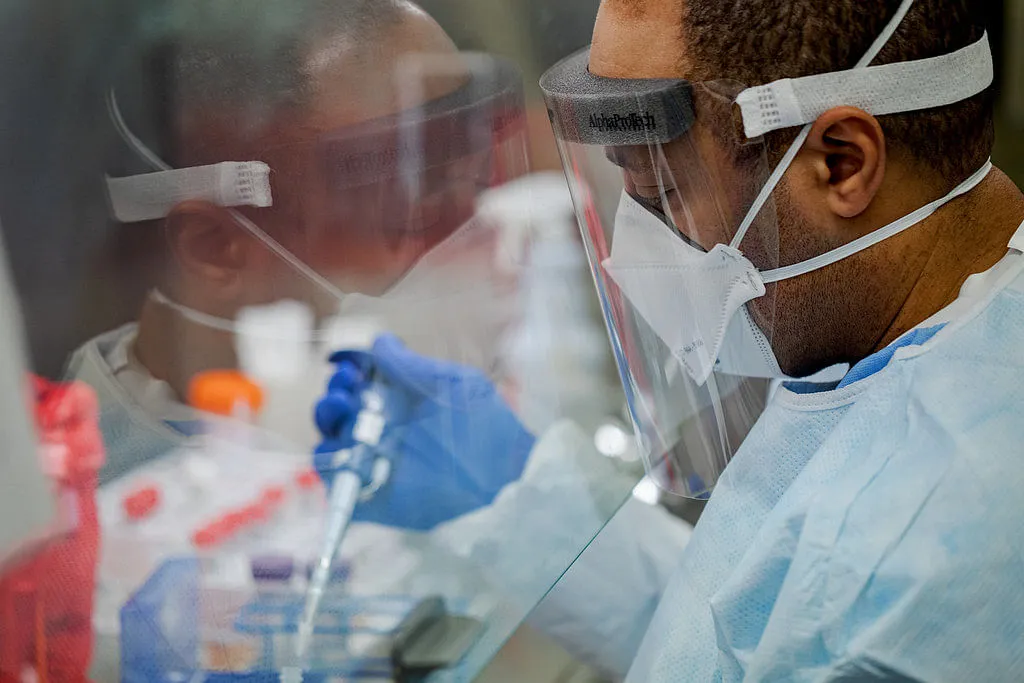The first human trial in Europe of a coronavirus vaccine hasbegun in Oxford.
Two volunteers were injected, the first of more than 800people recruited for the study, the BBC reported.
Half will receive the COVID-19 vaccine, and half a controlvaccine which protects against meningitis but not coronavirus.
The design of the trial means volunteers will not know whichvaccine they are getting, though doctors will.
Elisa Granato, one of the two who received the jab, told theBBC: “I’m a scientist, so I wanted to try to support the scientificprocess wherever I can.”
The vaccine was developed in under three months by a team atOxford University. Sarah Gilbert, professor of vaccinology at the JennerInstitute, led the pre-clinical research.
“Personally I have a high degree of confidence in thisvaccine,” she said.
“Of course, we have to test it and get data fromhumans. We have to demonstrate it actually works and stops people gettinginfected with coronavirus before using the vaccine in the widerpopulation.”
Prof Gilbert previously said she was “80%confident” the vaccine would work, but now prefers not to put a figure onit, saying simply she is “very optimistic” about its chances.
The vaccine is made from a weakened version of a common coldvirus (known as an adenovirus) from chimpanzees that has been modified so itcannot grow in humans.
The Oxford team has already developed a vaccine againstMers, another type of coronavirus, using the same approach – and that hadpromising results in clinical trials.
The only way the team will know if the Covid-19 vaccineworks is by comparing the number of people who get infected with coronavirus inthe months ahead from the two arms of the trial.
That could be a problem if cases fall rapidly in the UK,because there may not be enough data.
Prof Andrew Pollard, director of the Oxford Vaccine Group,who is leading the trial, said: “We’re chasing the end of this currentepidemic wave. If we don’t catch that, we won’t be able to tell whether thevaccine works in the next few months. But we do expect that there will be morecases in the future because this virus hasn’t gone away.”
The vaccine researchers are prioritising the recruitment oflocal healthcare workers into the trial as they are more likely than others tobe exposed to the virus.
A larger trial, of about 5,000 volunteers, will start in thecoming months and will have no age limit.






